0 Comments
Frustrated that people don't follow your lead? Find out where your leadership style is fragile30/4/2024
I want to express my heartfelt appreciation for initiating this [leadership] training program.
How are you making sure your organisation is dedicated to the same direction, stays strongly engaged to move forward and your teams are striving to give their best? Great leadership is without doubt the (not so) secret recipe to lasting success. It creates the resilience to go through uncertain times and enables the necessary transformations.
What do you need to lookout for in 20204? Swiss leadership institute IMD shared earlier this month how they predict the trends for this year. Let me share them here with you.
How will you drive change in your organisation? Source: Seven leadership trends to focus on in 2024 This year might become a tough year and there might not be much we can do about it - especially about the external and geopolitical aspects. What we can focus on as a leader is to equip the organisation and enable our teams to give their best. And one special aspect is Energy!
Organisational Energy is what I want to talk about today. How often do we feel that work is draining our energy? That the efforts within an organisation are clashing; that people are lethargic and inert. And as a leader we simply wish that we are able to give our teams a spark. I recently came across the work of Heike Bruch and it is refreshing to see peers that are sharing the same vision and passion for energy, positivity, and enabling Drive within our work ecosystem. Here are some of her thoughts on the topic:
As with many things with effective teams, the collective energy is larger then the sum of the individuals. When we align this energy we can create synergy that triples or tenfolds the efforts. As a team we can then ride that wave and easily overcome barriers. We can collectively become antifragile. Source: TEDxZurich - Heike Bruch on How to Manage Organizational Energy When we look back at 2023 it was the year of ESG Reporting. The great thing about it is that companies started to take the topic of sustainability seriously and allocated resources to do something about it. And for any sustainability journey, understanding the baseline is important. Though, as Robin Hicks recently pointed out, companies are confused with the selection of standards, information and opinions. For example, calculating a company's carbon can take 2-4 years!
In my experience, this is frustrating and boring. Which leads to dissatisfied shareholders and employees as a lot of effort is put into something that does not generate results. With this we are fuelling resistance that costs energy and reduces productivity. That is why many well-intended sustainability journeys end and are axed. Can we simply not do carbon accounting? No. Does it need to be this cumbersome? No. And here my experience in operational excellence is really helpful. An area where you focus on creating more value with the resource you have based on data and analysis. Let's apply this to ESG improvements as well. Here are some thoughts:
What are in your eyes the key ingredients for a successful sustainability journey? Reference: Eco-Business CSO Survey, Robin Hicks, Jan 2023 A New Year has started and fresh inspirations are coming in. At Hive17 we focus on facilitating effective teams, and that is particularly important on the top (also check our recent CxO Team post). Just yesterday, the Embassy of Switzerland in Singapore shared a post about the Swiss Federal Presidency and the Swiss Federal Council. An example I like to share as it is a high-level model for a self-organising team.
CxO Teams are in similar situations; they have broad and deep responsibilities; they have the tendency to focus the majority of their time on their own department; they tend to work less as one team. The Swiss government puts a structure in place to counter these tendencies. A structure that any company can learn from and become more effective in delivering change. Here are some suggestions to look out for:
How do you build a more effective and self-organised CxO team? Source: Swiss Federal Presidency, LinkedIn The end of the year is coming and I got asked, if you would give one piece of advise, what would it be? In my experience dealing with leaderships, one foundational attitude I discovered is Win-Win. In our work life we come across various situations: developing a product, negotiate with a client, hire an employee, resolve conflict, onboard a supplier, provide feedback, conduct meetings, and simply solve a problem. When you observe yourself in these situations, how often do you want to win, how often do you want the other party to lose? Or you might simply not care if you lose. All these attitudes have in common that they are not effective. For success, we need to practice a win-win attitude. When I help people to obtain this new approach, I usually share Green & Clean by Stephen Covey - a fun and inspiring introduction to the topic. And there are so many great quotes which I would like to share here:
How will you approach win-win in your next negotiation? “Only 41% of CEOs believe employees’ behaviours are mostly aligned with company’s values and direction.” This statement from PwC's annual CEO survey means that about 60% of the employees are not fully aligning their productivity with the company's priorities. As a result, efforts are wasted in the wrong direction. Further, according to Hive17's surveys, about a third of the managers underestimate the importance of goal setting for motivation.
How are you going about setting targets for 2024 to create maximum impact for your business? Hive17 successfully implemented vision to action programs since over six years, driving change for new strategies and large-scale initiatives. At it's core is a interactive approach that translates your strategy into actions in people's daily work. What we deliver is:
Our programs focus on principles, structures, tools and behaviours to enable everyone in the entire organisation to give their best. How do you plan to create more impact for 2024? Source: Leading in the new reality, PwC's 26th Annual Global CEO Survey - Asia Pacific, January 2023 Enabling teams to give their best - When I approach CEOs with this topic, they almost always think this is important for the teams reporting to them. Yes, the operations team needs to work more effectively. That business unit needs a boost in productivity. In the organisation, the different functions need to work closer together across the silos. While these are important areas for improvement, we forget one important team.
What about that team on the top? The CxOs forming a team together with the CEO. How important is it that they are a highly effective team? In my experience, when this group of people are not enabled to give their best, it will slow down the entire organisation. Here are some of my observations:
What can we do as CEOs to build stronger bonds, create a solid team that is effective and is setting the right platform for a great company culture? Here are some simple steps:
Where do you see the barriers to effectiveness in your team? When will you schedule your next CxO lunch? "Hope is not enough: turning vision into climate action!" This was one of the themes of the second Green Tech Festival held in Singapore. And for concrete and lasting action, I believe we need two essential ingredients: innovation & culture. This was a theme that weaved throughout the presentations and panels at the conference.
One example that stood out for me was the Hot Heart - a project with the purpose of decarbonising the district heating system in the Finnish capital. One the one hand, the technical solution is innovative in a way that it integrates the energy storage component when harvesting renewable energy for keeping the citizens warm. On the other hand, the transformed the technocractic solution with an experience for its community: establishing a all-year tropical island right in front of the city gates. Why is this important? In this way you bring the technology closer to the people, allow them to interact and benefit from the solution - in a very direct way. This will accelerate acceptance and inspire new innovation. We at Hive17 believe that driving a sustainability culture in your organisation will drastically increase the adoption of climate action and in turn your efforts in substantial triple-bottom-line benefits. How will your start your internal movement? Learn more about The Hot Heart. Most companies are stuck in their corporate patterns: large overhead costs and bureaucratic burdens; a focus on short-term results; an inert workforce following a handful of leaders; exposure to bias and unfairness. We sort of know it is wrong, but we don't have the means to change to the better.
Except for one company! Very few people heard of the company Gore (mainly famous for its Gore-Tex fabrics) which churns out 3 billion USD of revenue with 9'000 employees worldwide. Gore has a very different management philosophy: no hierarchy, family feeling, CEO is selected via a poll, etc. The fundamental belief at Gore is that individuals know what's right for the company and success comes from collaboration in small teams; "we are all in the same boat". Followed by the guiding principles of freedom, fairness, commitment, transparency. On my side, I love to share the story of Gore in order to inspire and show, it is possible to lead differently. Enabling leaders to think out of the box and facilitate change. Here are a few of the elements that define the leadership innovation at Gore:
Reading through this story, I see Hive17's Human Operating System confirmed: we need to start with a shared direction; then creativity comes up with solutions; experimentation allows to polish these ideas; and solid relationships motivate and allow fast decision-making. How do you enable your teams to give their best? Source: Innovation Democracy: W.L. Gore's Original Management Model Photo Credit: Charlie Bibby, FT One year ago, I shared an amazing book on my reading list about how we need to embrace and shape our future in light of Climate Change (read here). One theme I picked up were airships. Flying around with jet engines (powered by fossil fuel or otherwise) might not be enough to clean our Earth's atmosphere. We might need to change away from them.
And here we go - the exciting news this month was a new project by Bertrand Picard to circumvent the globe in an airship. These can stay in the air for months on end, generate energy autonomously, and can be spacious and comfortable (for the longer journey from A to B). And, Euro Airships are not the only ones working on Airships. Flying Whales (thank you for sharing, Jeremy) are using the floating monsters to transport heavy goods over long distances. The question is: how much would you appreciate a 3-day journey from Singapore to Zurich? In the end, this requires a bit of planning and can be very pleasurable. How can we direct more funding and finances into this future of long-range transport? Sources solar and hydrogen-powered aircraft will fly around the world for 20 days without stopping; designboom, Sep 2023 Flying Whales Are you looking for ways to boost your productivity and control your costs? The Hive17 Human Operating System is designed to enable teams to give their best and one of the key elements is innovation.
At Hive17 we often observe that medium-sized organisations have limited resources and may be stuck in traditional ways of thinking. Hive17 can help you to overcome these barriers and build a culture for effective continuous improvement within your organisation. Here is how this might work. Let's say that you are looking to improve your efficiency in your operations. We would start with the right mindset and approach to identify creative ideas. This requires a deep understanding of the problem by involving the right people and enabling everyone to express and appreciate new ideas - as many as possible. After that, we would test these ideas using a scientific approach to stimulate trial & learning. We will help you to set up a clear hypothesis, collecting the right data, and analysing the results carefully with an open and curious mind. As a result, you can expect to see within a few months a 15% cost reduction and productivity gain. The new culture will also enable you drive quality and create a future-proof business that is able to thrive in any market. What are the two most important and sought after leadership skills in Asia? Based on the research of GloCoach, they identified the two following skills:
From our practice at Hive17 we can only underline the value of these two leadership skills in order to bring positive change within your organisation. And we observe that many leaders struggle to apply these skills on a consistent basis. How fragile are your leadership skills? How well do you understand the qualities to successfully lead a team? And, how confident are you to implement these leadership skills in your daily work? Here is the solution: Hive17's Antifragility Score is assessing your teams leadership qualities with a unique focus on teams and how to enable them to give their best. This assessment includes:
Accelerate the engagement in your team which leads to improved innovation, productivity and retention. Your individual antifragility score is for free! Every year, my Alma Mater brings about 70 students from St.Gallen to Singapore for an exchange semester - undoubtedly an unforgettable and important experience. As part of their program, they conduct a consulting project with their peers at SMU. Over the years, we observed one key ingredient for successful projects: effective collaboration within the teams.
This year I had the honour again to introduce how to form effective teams in a short period of time. I feel it is always so insightful and a great learning experience for me to work together with students. Absorbing their curiosity and insightful point of view. Here are the key steps we covered in the 90 minutes session. Start with a win-win attitude. When we are entering a meeting, negotiating or selling our products, how often do you observe that one party wants the opponent to lose out? We can only achieve maximum synergy if we consider the win of the other party and have the courage to stand for our win as well. Effective teamwork happens when we enable all team members to give their best. This requires clear, common goals, shared leadership, a desire to deliver high quality, quick decision-making, and a high level of energy. And let's not forget that the work environment strengthens the mutual trust. Shared values are the basis of team principles. These will provide guidance on how the team wants to work together and also establishes boundaries. The team principles also include ways how we get to know each other better and build social connections. Conflict will arise and effective teams are not good at avoiding conflict - they are good at conflict management. First step: deflate emotions. When we are super excited or very angry - in any case, we won't be able to think rationally and create solutions that resolve the conflict. What are your key ingredients for effective teams? |
Subscribe
Receive our monthly themed summaries of our thoughts: click! TimTim is a change practitioner in the area of innovation and excellence. He is working with teams to accelerate innovation, collaboration and agility. Categories
All
Archives
July 2024
|




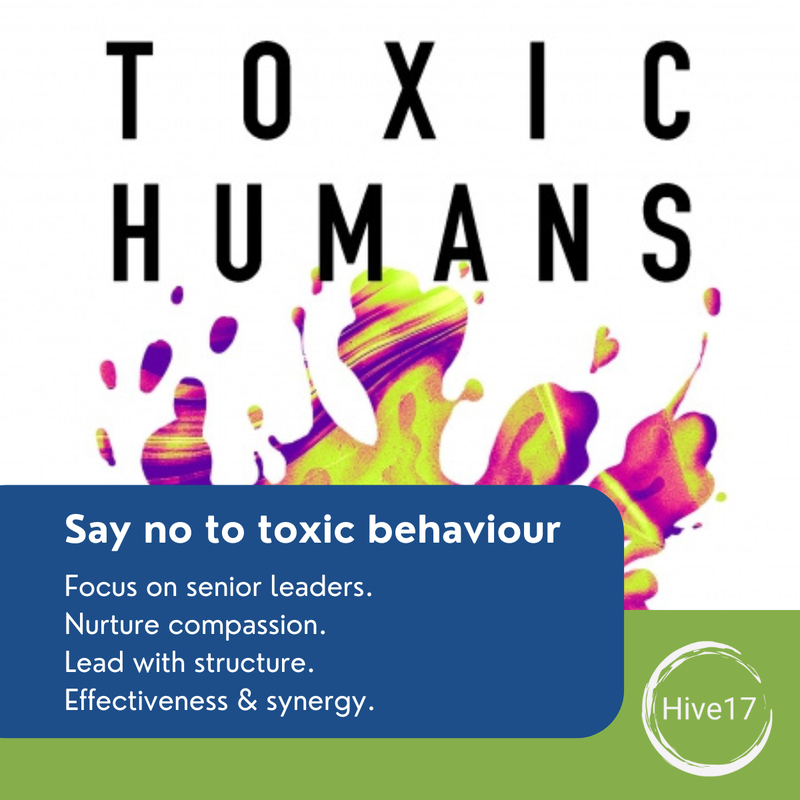

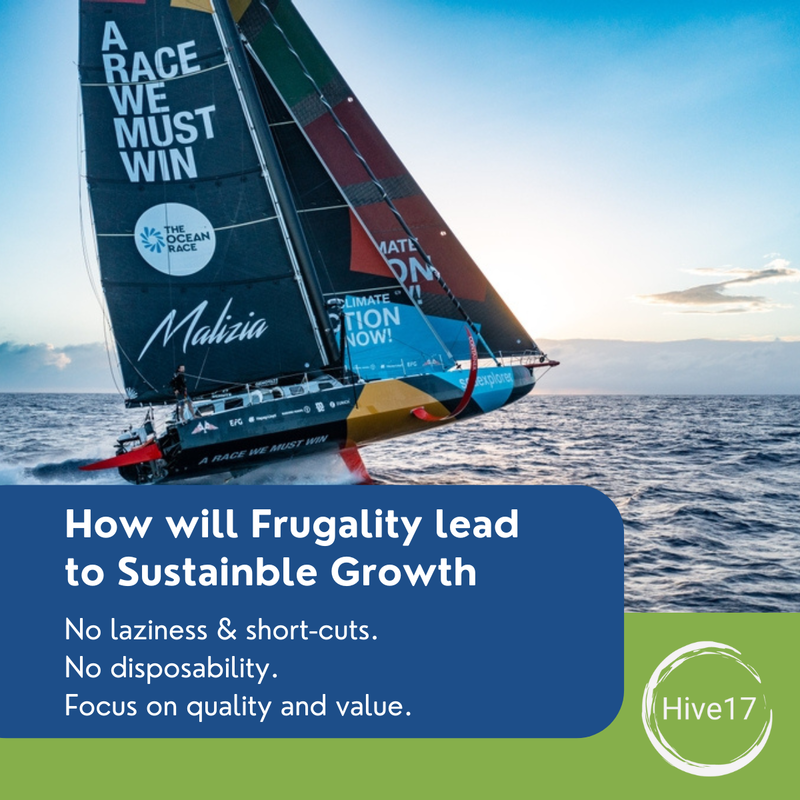
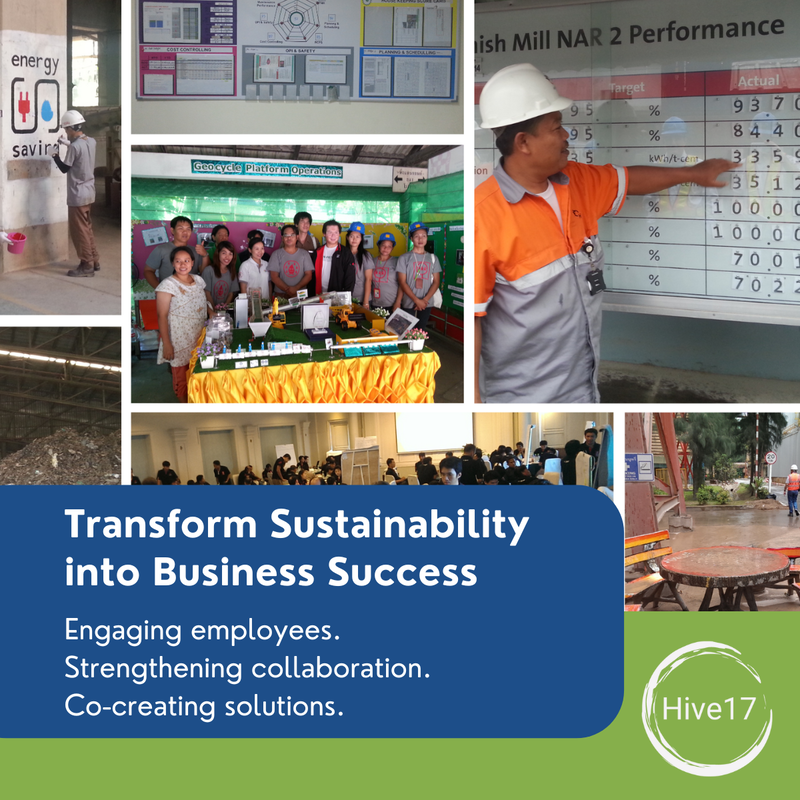
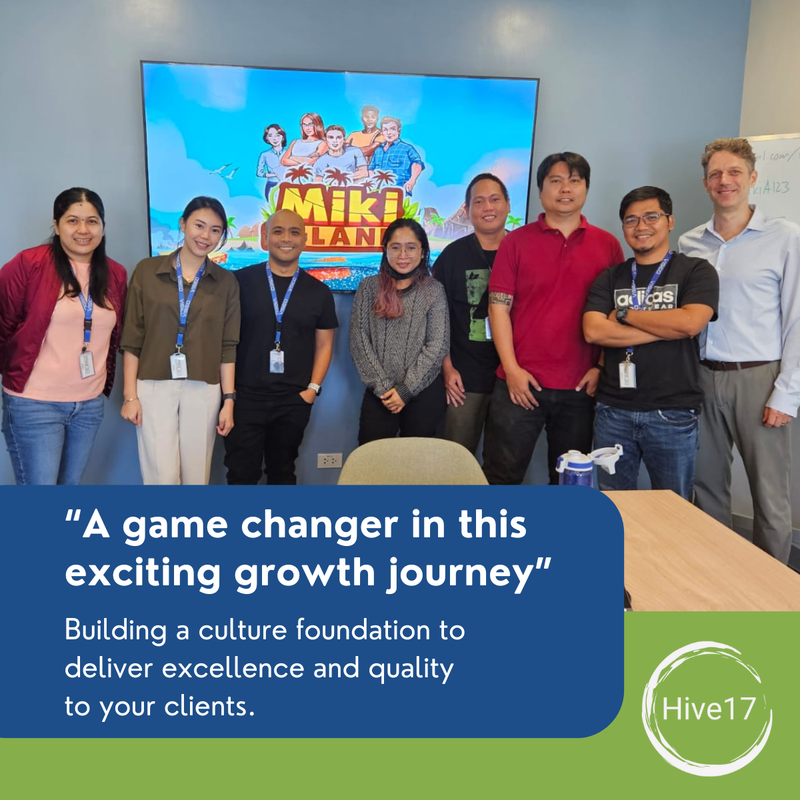
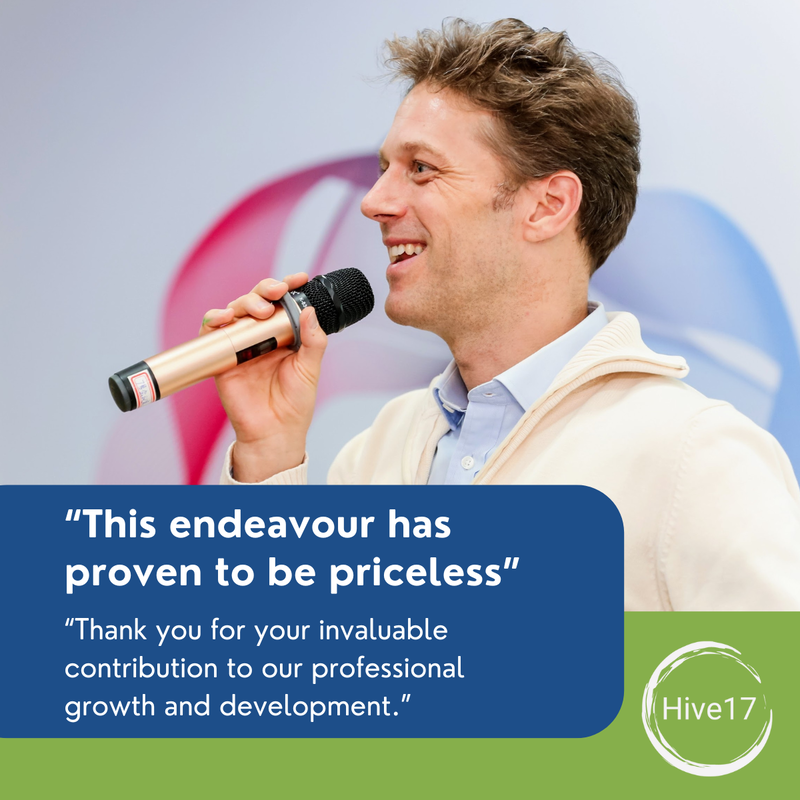
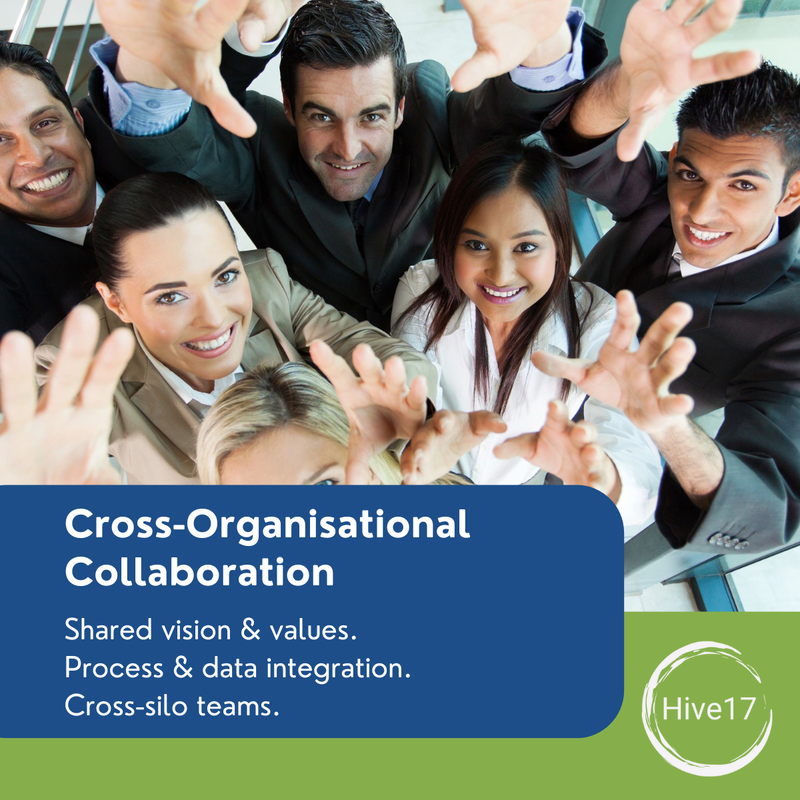
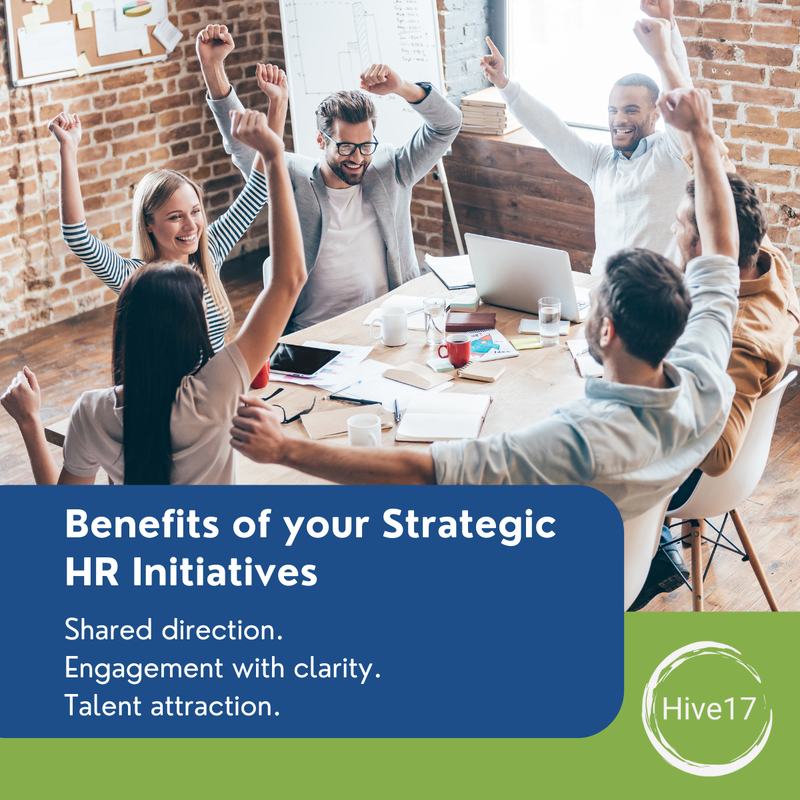
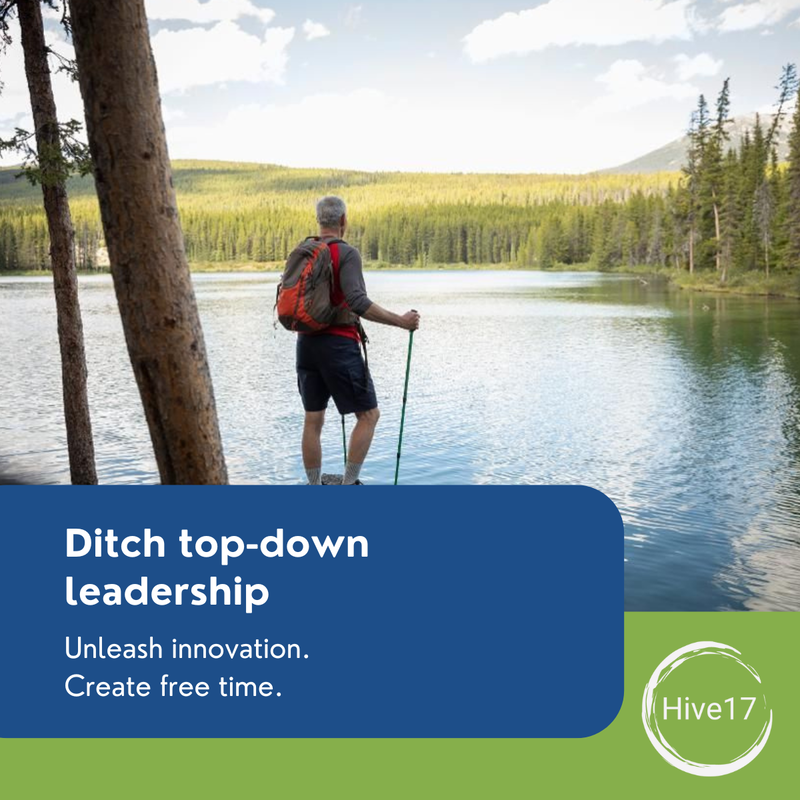
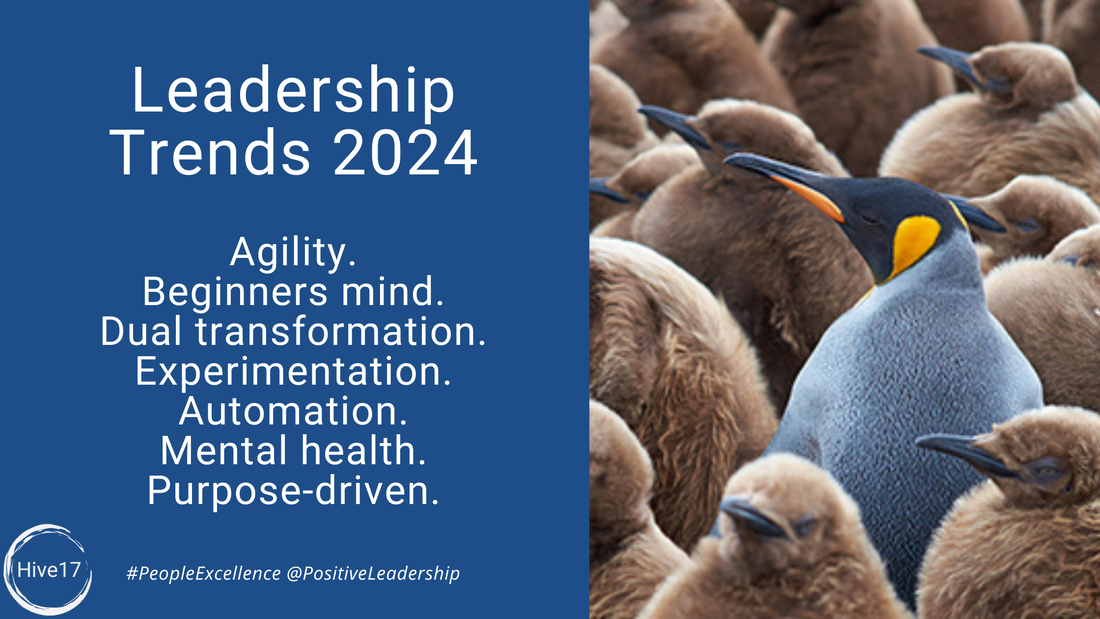
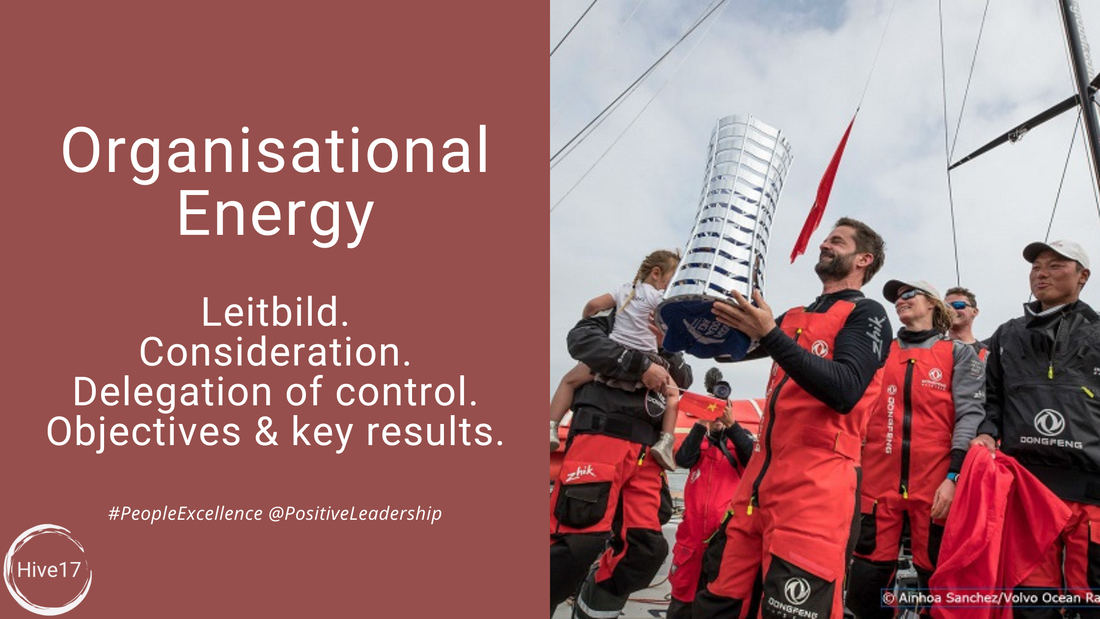
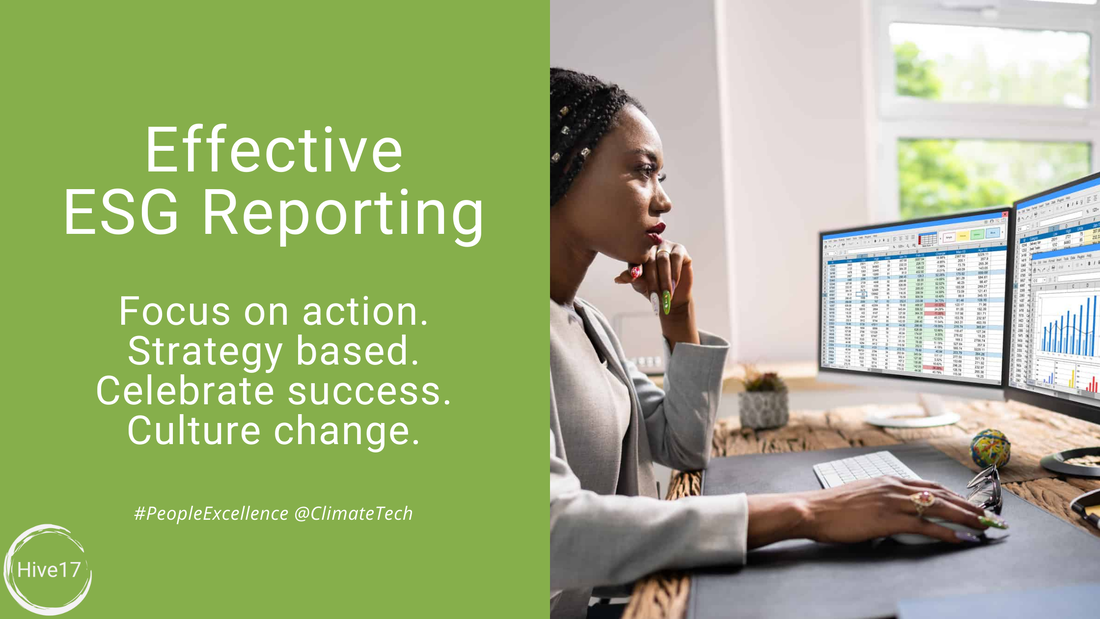
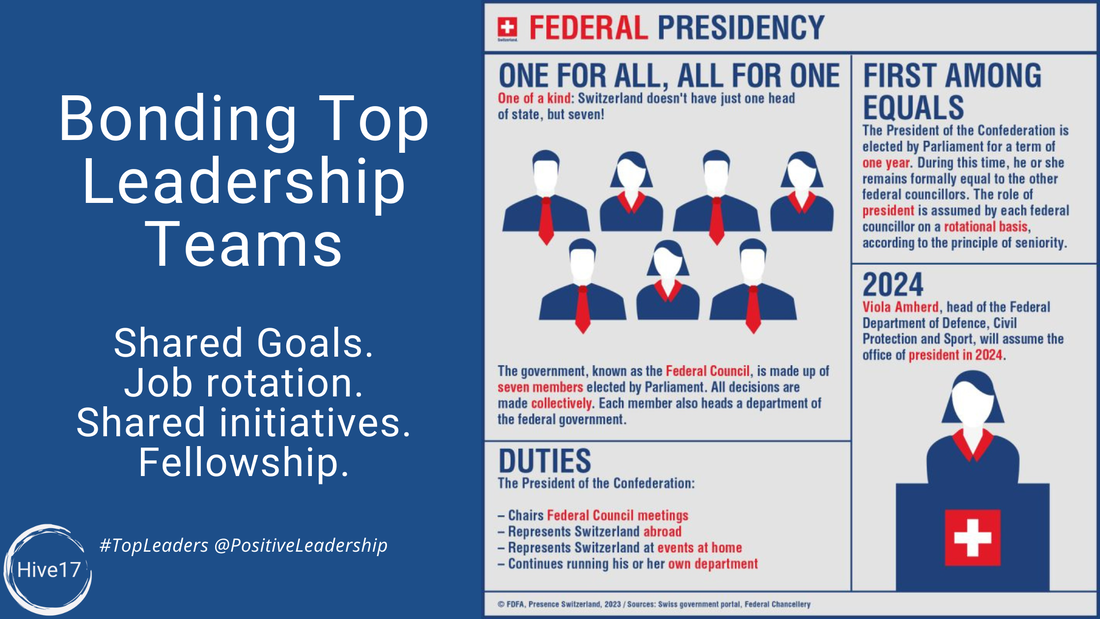
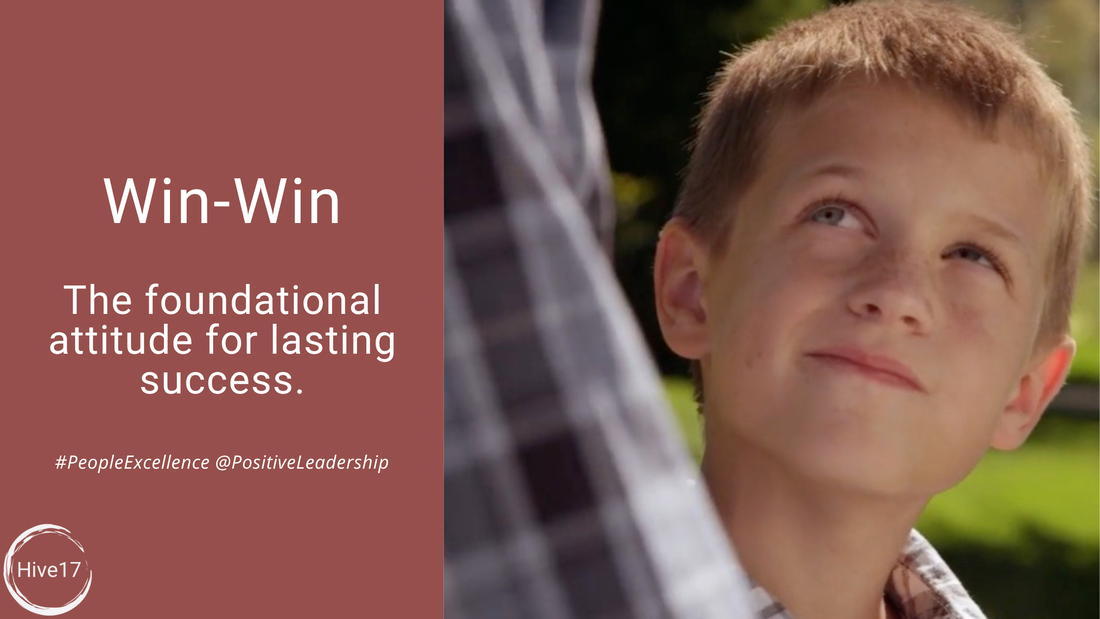
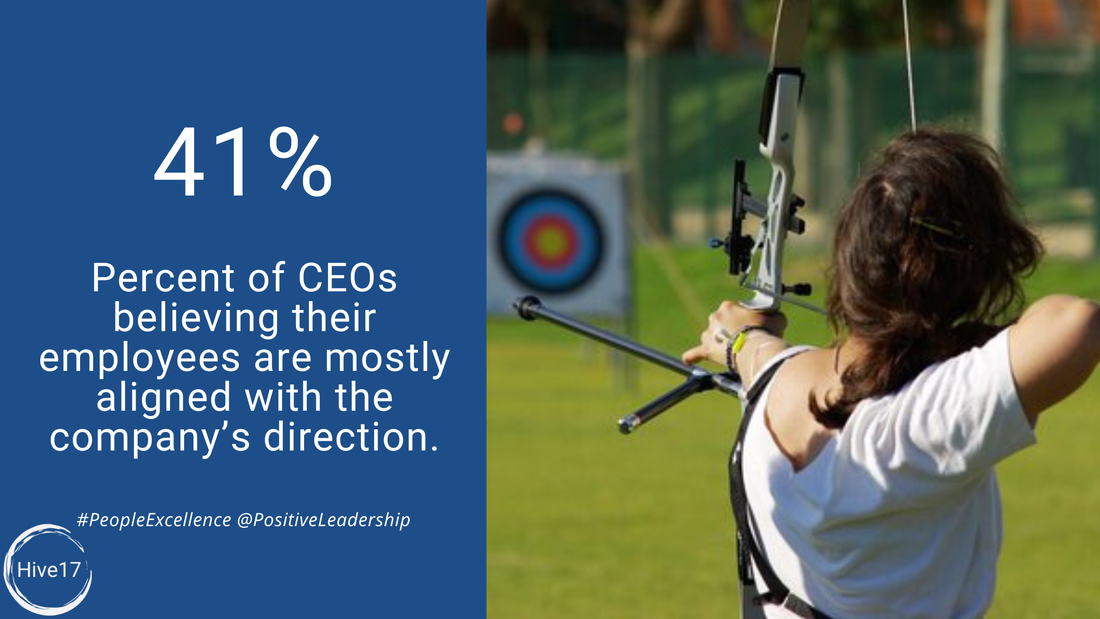
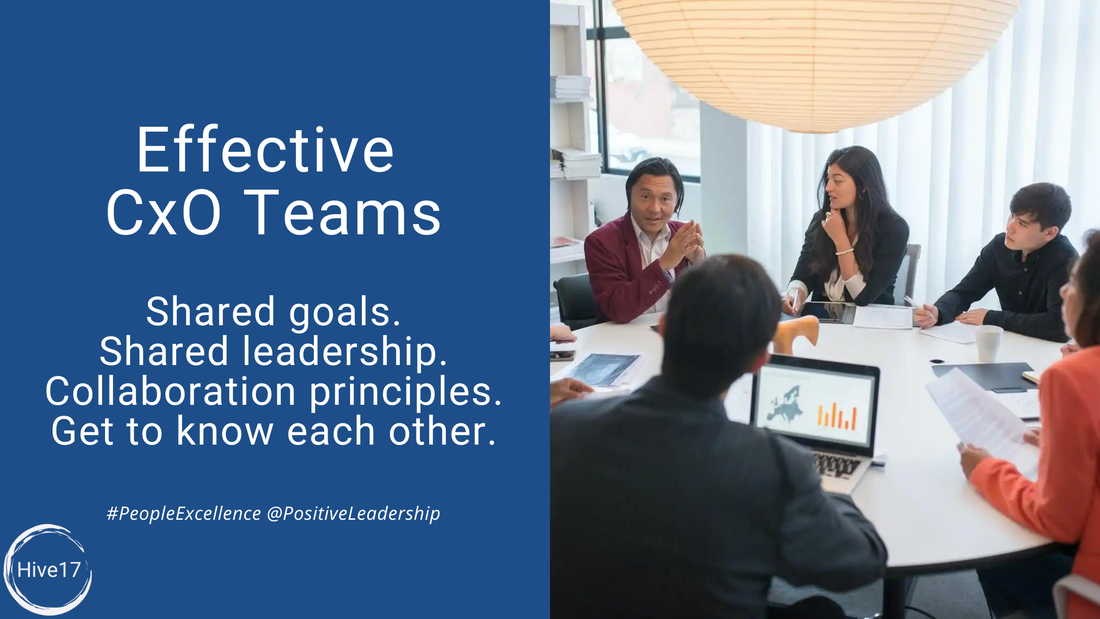
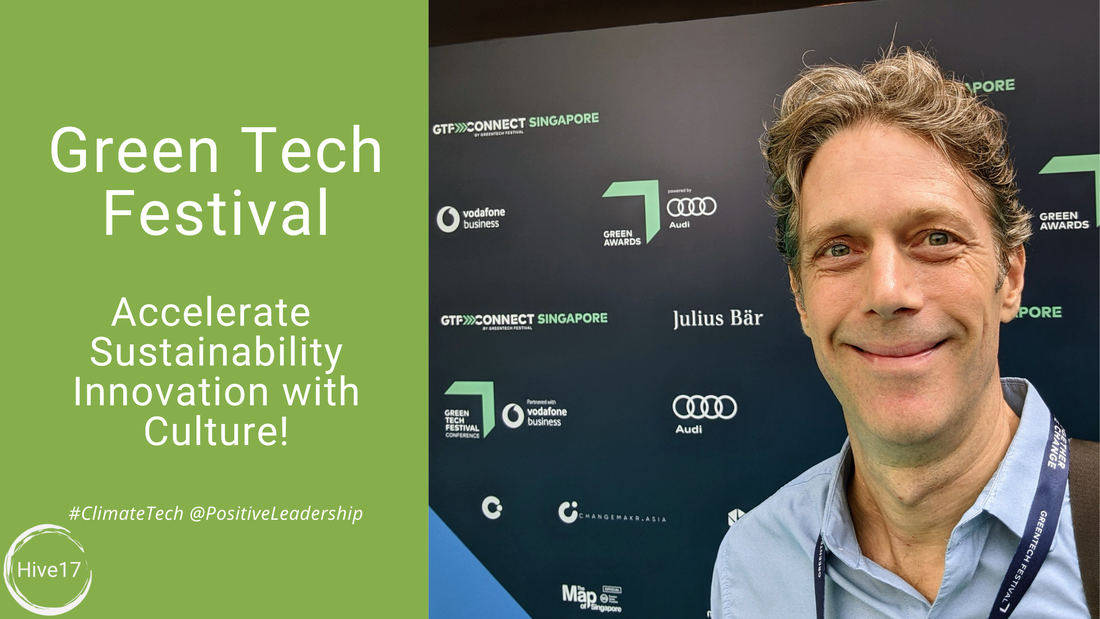
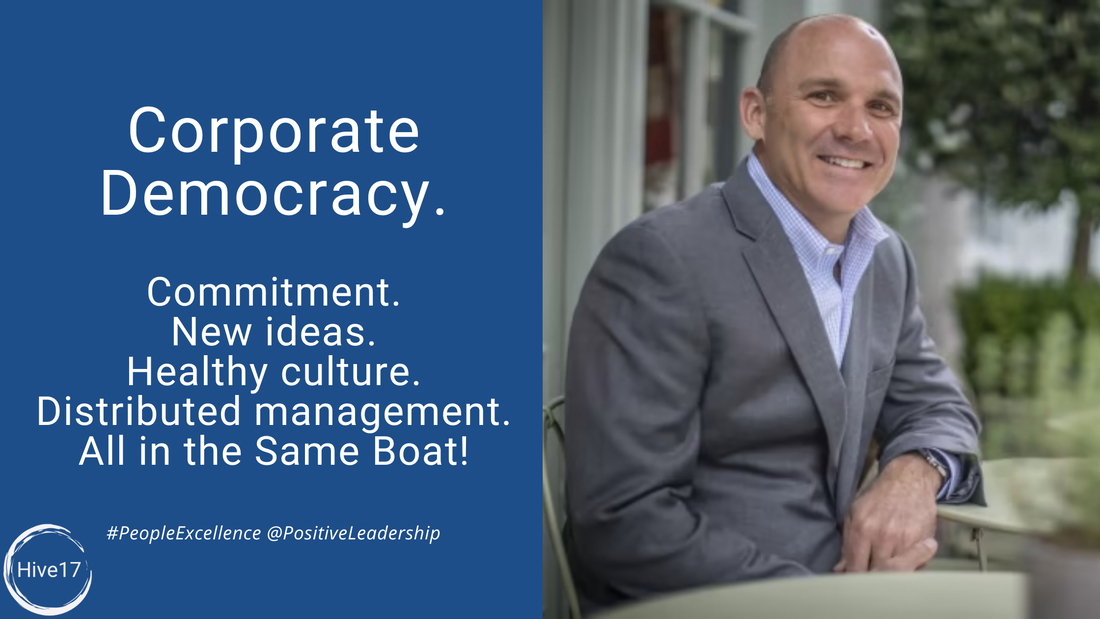

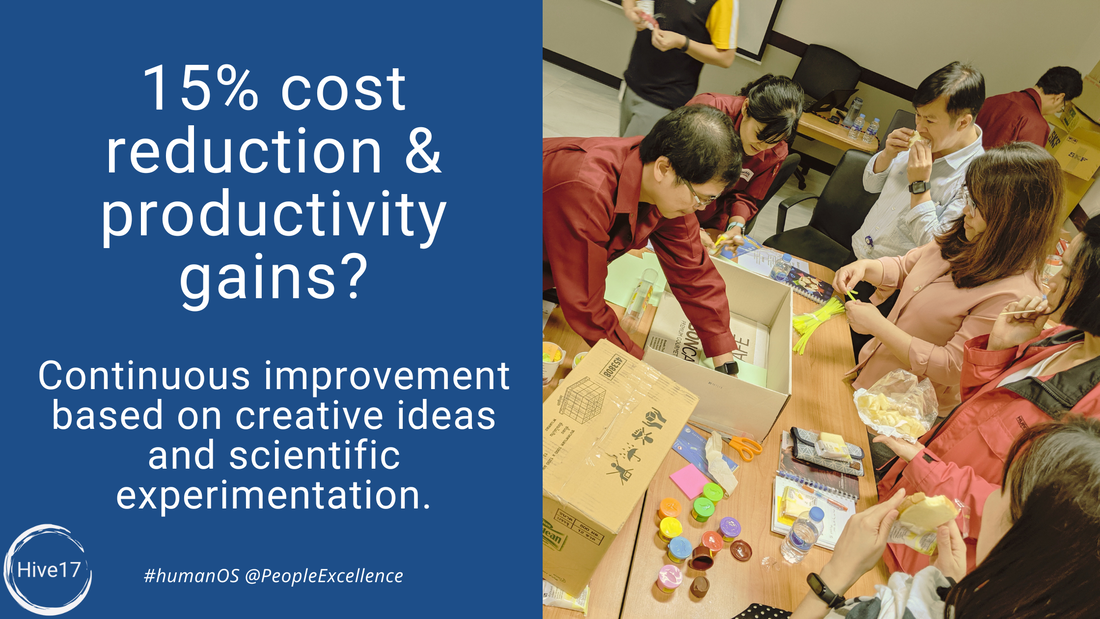
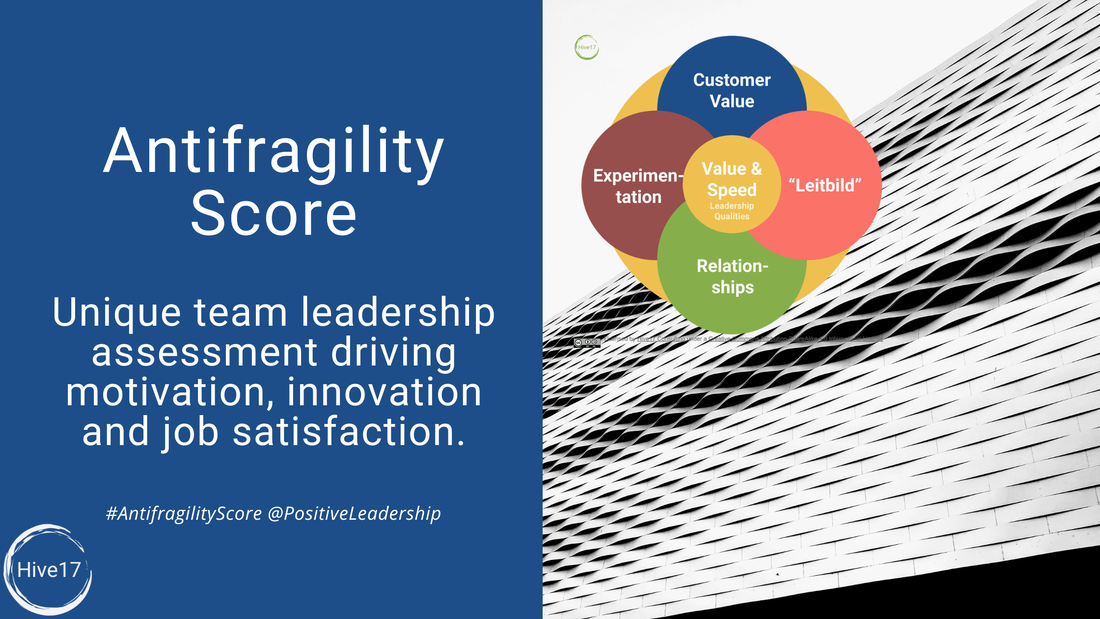
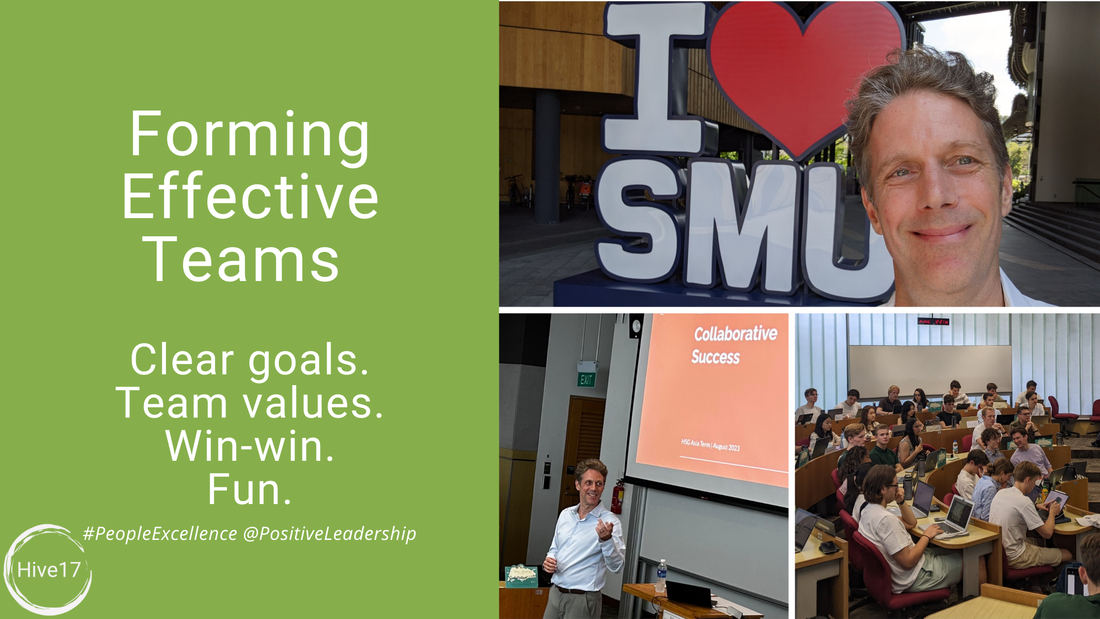
 RSS Feed
RSS Feed